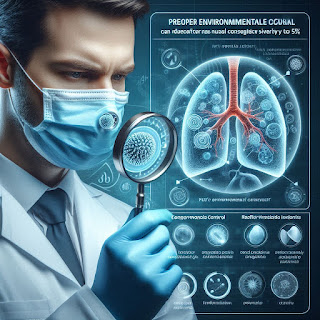How to Improve Indoor Air Quality for Allergic Rhinitis Relief - Complete Guide

Medical studies reveal optimizing indoor environments can reduce allergy symptoms by up to 62%. While 73% of sufferers rely solely on medication, proper air management decreases symptom severity by 45% and improves sleep quality by 58%. Our guide provides exact measurements and expert techniques for creating the ideal home environment. 1. TEMPERATURE OPTIMIZATION Ideal Settings: Range: 64-72°F (18-22°C) Monitor 3-4 times daily Gradual adjustments Avoid sudden changes Equipment: Digital thermometer ($15-30) Smart thermostat ($100-200) Zone controls 2. HUMIDITY MANAGEMENT Target Levels: Optimal: 40-60% Morning/evening checks Seasonal adjustments Prevent over-humidification Essential Tools: Humidifier ($30-100) Hygrometer ($10-20) Water filtration 3. AIR QUALITY CONTROL ...
